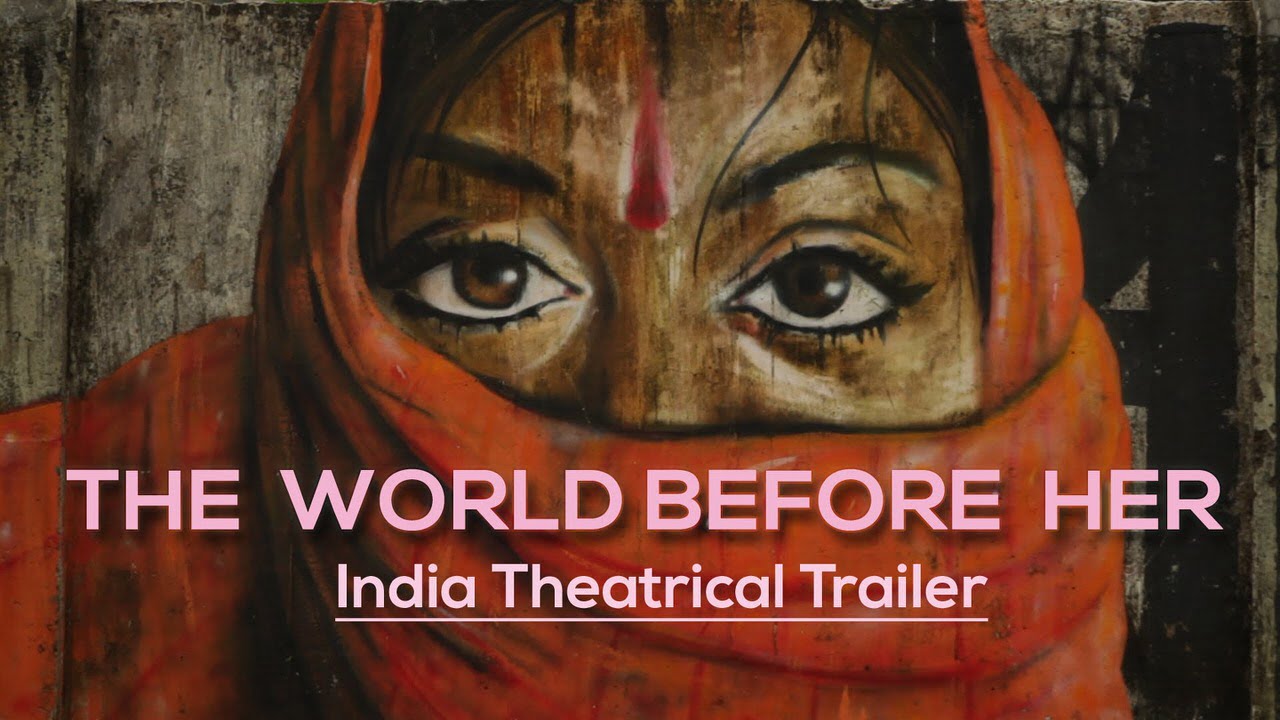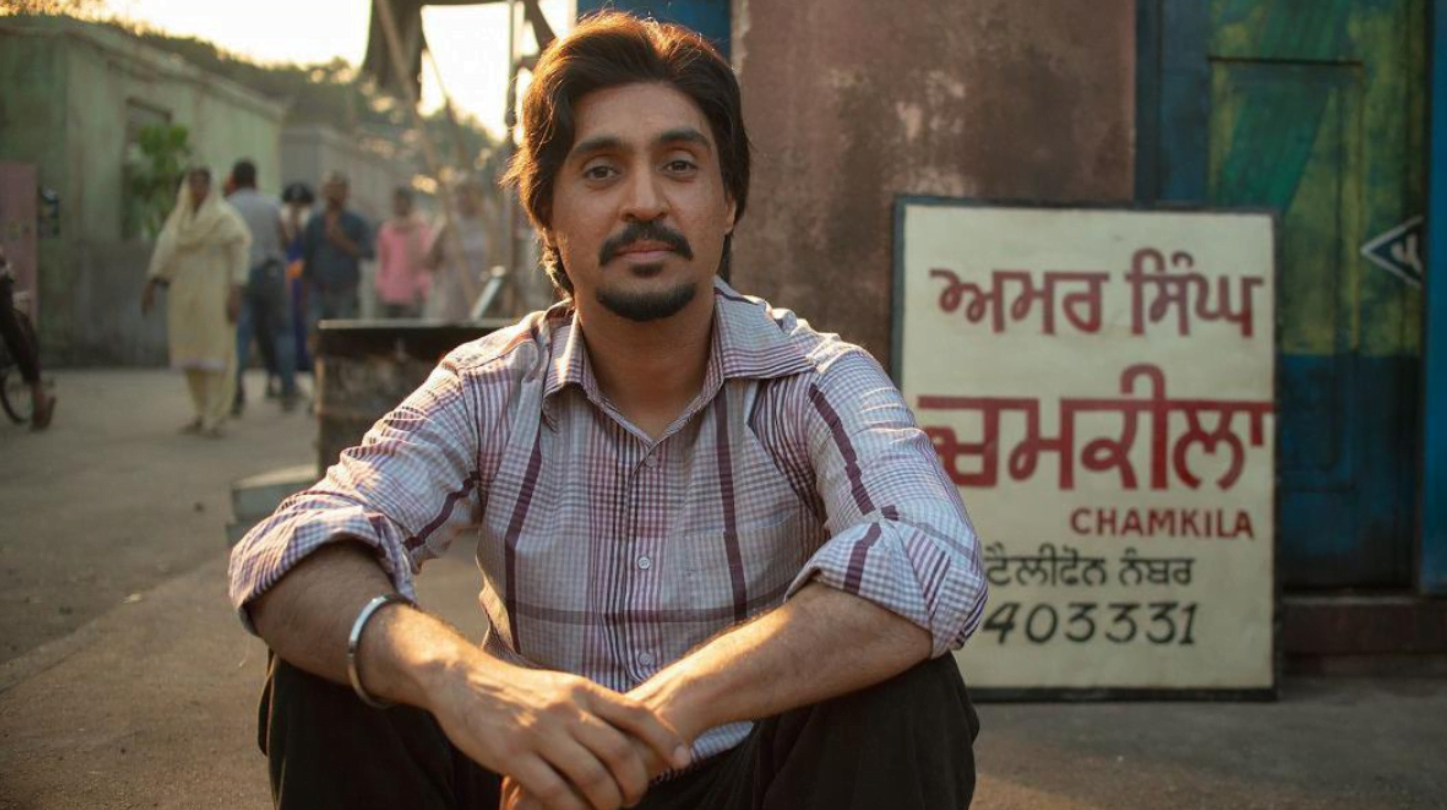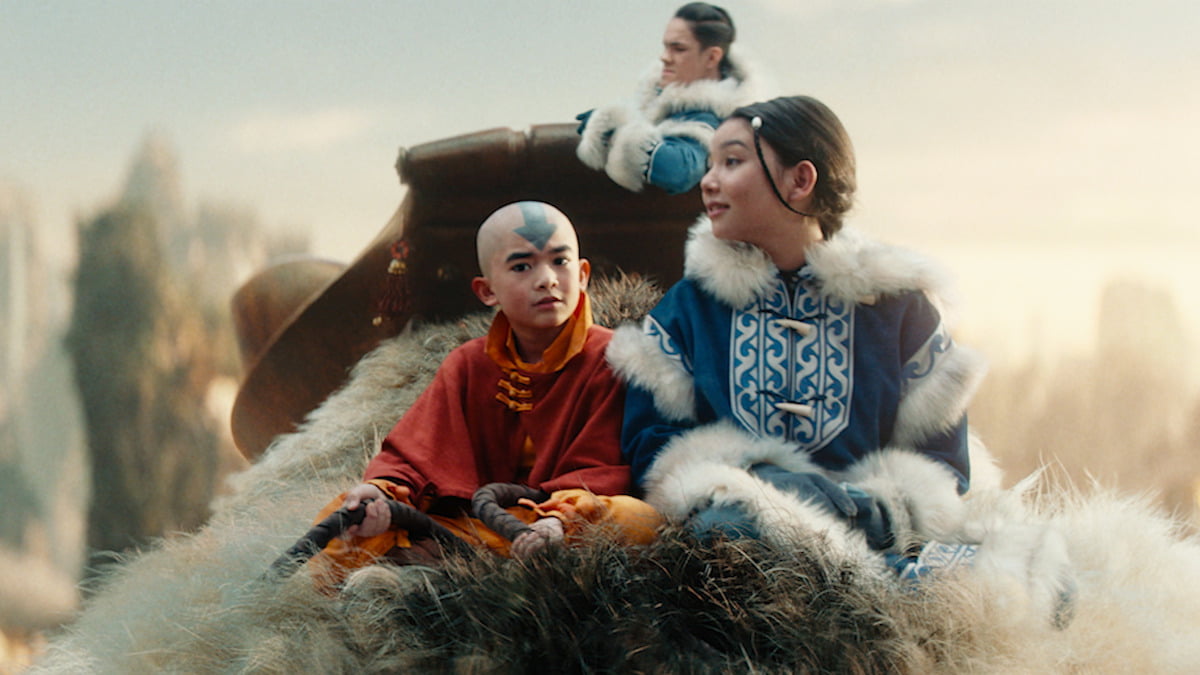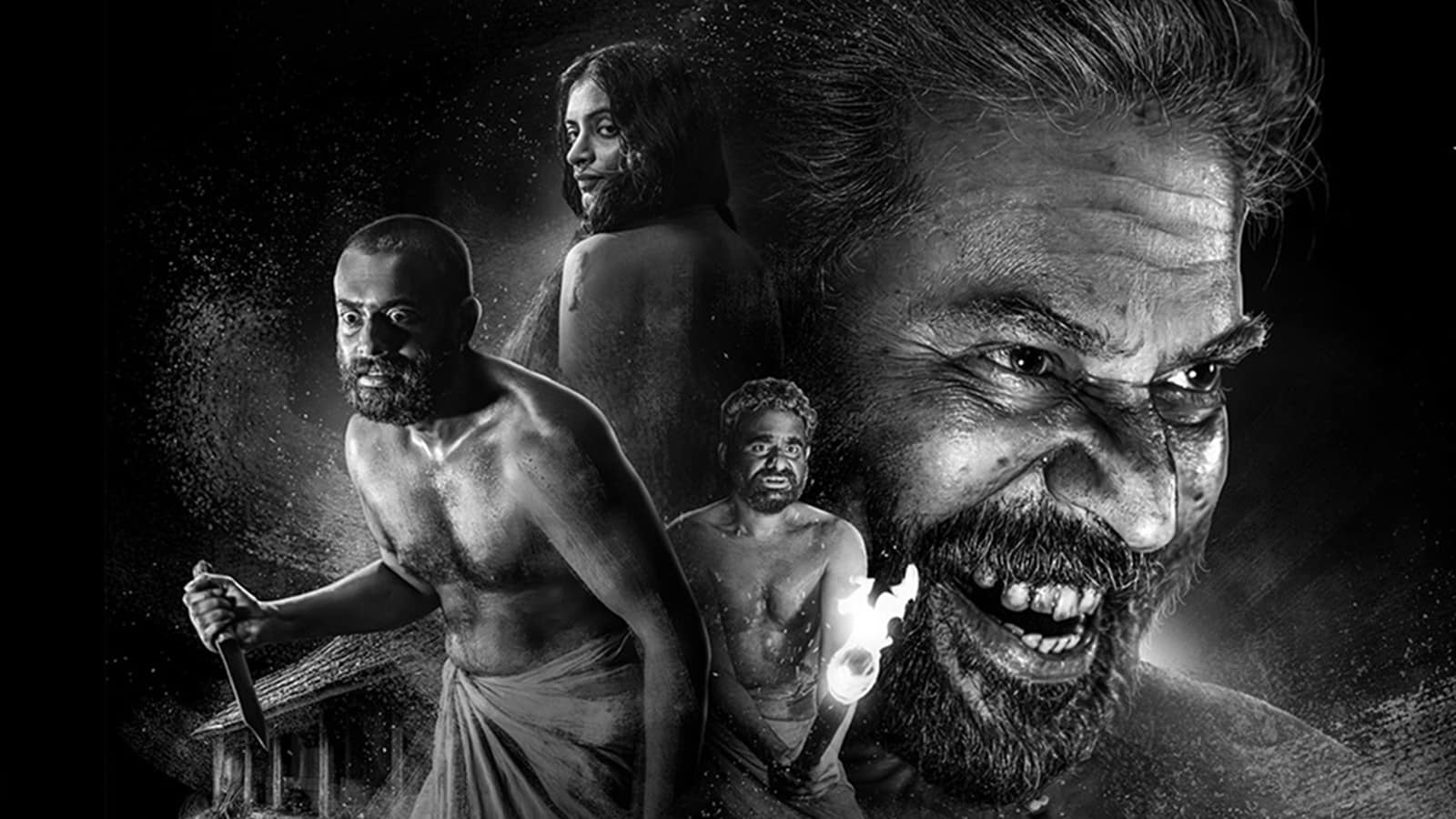How easy is it to label something as ‘liberal’ or ‘regressive’? Most times, it isn’t as black and white as one would hope. The whole phenomenon is quite grey and is riddled with contradictions. The Indian Canadian writer and director Nisha Pahuja explores these ironies in her critically acclaimed documentary The World Before Her.
The film made waves in the international film festival circuit after its release in 2012. It’s win at the Tribeca Film Festival for Best Documentary Feature in 2012, and its Emmy nomination for ‘Outstanding Coverage Of a Current News story’ in 2014 are a few of the accolades to its credit. Yet, the director couldn’t find enough funding to release this film in India. After the brutal 2012 Delhi Gang rape she felt it was more important than ever for the country to witness a film of this kind. And so with the help of a Kickstarter campaign in 2014 she finally managed to do it.
The documentary starts off by introducing the viewer to two kinds of worlds, which on the onset seem to be diametrically opposite to each other. One is a Durga Vahini training camp for young girls and the other, a training and grooming program for contestants of the Femina Miss India beauty pageant in Mumbai.
The Durga Vahini is the women’s wing of the radical Hindu nationalist group Bajrang Dal. It trains its members to be skilled in martial arts and weaponry and to be guardians of Hindutva. The girls are made capable of defending themselves and in turn their religion. The camp teaches them the dangers of westernization. They have mentors who tell them a woman should never abandon her home in the name of a career and should be married off at 18 before she becomes ‘too mature to tame’. They also believe that gender equality is against Indian culture and a fad they mustn’t indulge in.
On the other hand, the Miss India training session, encourages its contestants to be confident and embrace their sensuality. Here professionals train them to walk, talk and look a certain way that fits their idea of perfection. These women believe that it is important to change with the times. They pride themselves in being open minded and believe they represent the ‘Modern Indian Woman’.
The focus of the film is on the journey of two women who inhabit these seemingly different worlds. Prachi (24) is a training instructor at the Durga Vahini camp and Ruhi Singh (19) is a model from Jaipur vying for the Miss India crown. As the film progresses it hits you that these two worlds are more similar than you’d imagined. The lines between regressive and progressive start to blur when the two worlds are juxtaposed to showcase their inner workings.
On both sides you see elements of the notion that they are trying to fight against. While Prachi is repulsed by the idea of marriage, Ruhi wants to achieve things before she finds a husband and settles down. Though the Hindu Parishad is her life, in Prachi’s ‘regressive’ world you see her wanting to rebel, to be independent, and to be the marker of her own journey. She likes being in power though this is contrary to what she’s been taught, ‘I like when other girls are scared of me’ she says. And in Ruhi’s ‘liberal’ environment, there are several moments that make you cringe like when a young contestant is coaxed into getting a botox shot because her face isn’t symmetrical enough though she’s clearly uncomfortable with it.
Throughout the film the disturbing patterns that emerge on both sides remind us that both men and women are equally capable of being caretakers of patriarchy. You see this when a female lecturer at the Durga Vahini camp criticises Bollywood actresses for wearing ‘skimpy’ clothes on screen or in the persistence of the plastic surgeon. It doesn’t matter if their actions fall on either ends of the spectrum; they’re both still policing women’s bodies. You see this when Prachi’s father insists she get married because according to him womanhood is only attained by being a mother. When the Pageant director makes the models walk the ramp with white cloaks over their torsos so they can be judged solely on their legs, you also see this in the sickening excitement with which he says ‘I’ve always wanted to try this.’
This movie is especially relevant at a time when the country is witnessing the rise of both these contrasting movements almost simultaneously; the fight to stick to tradition and the move to embrace modernisation. As the film nears its end it dawns on you that both these women are caught in systems designed by men, which promises to ‘empower’ them but is actually just an excuse to mould them in a way that benefits patriarchy. Perhaps the non invasive and non judgemental way in which Pahuja has shot the entire film comes as a subtle reminder for us to not be quick with believing or relying on labels because they can often be deceiving. Ultimately, these women can be truly empowered only when they actually have the freedom of choice and not just an illusion of it.




